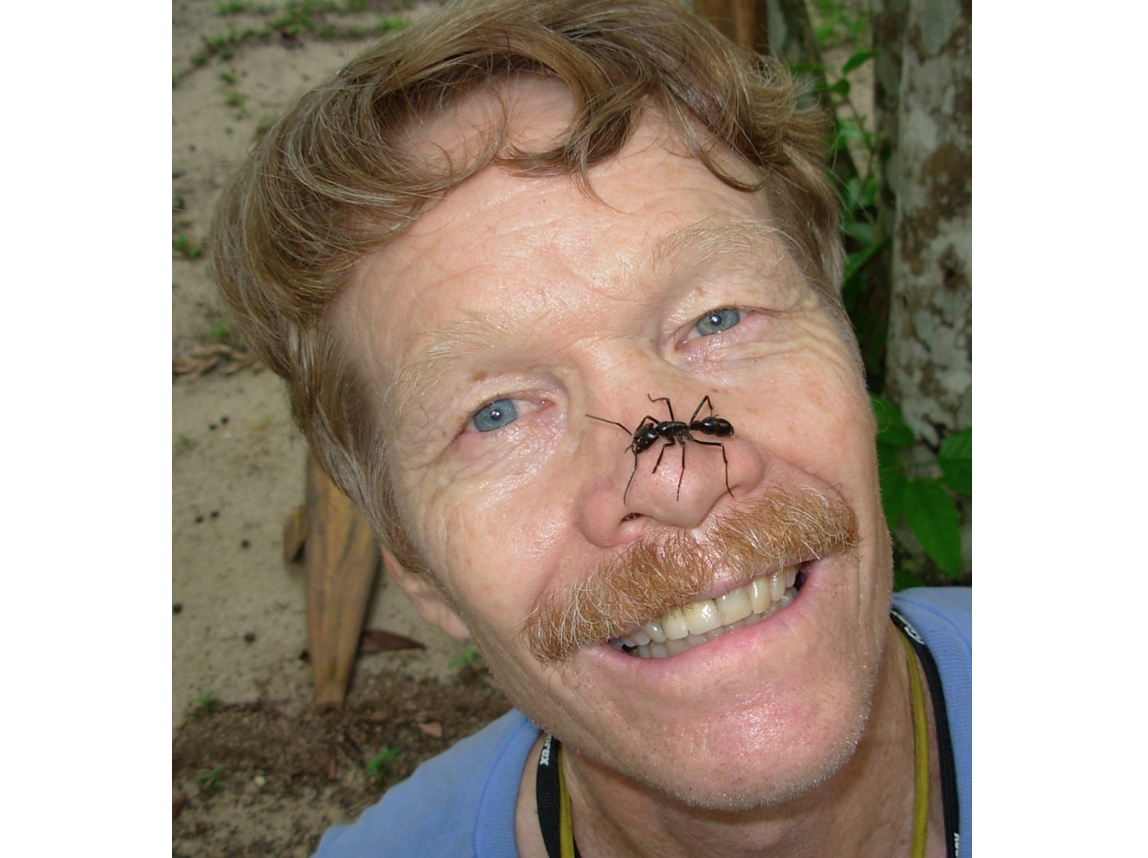
Christopher Wanjek
Christopher Wanjek is a Live Science contributor and a health and science writer. He is the author of three science books: Spacefarers (2020), Food at Work (2005) and Bad Medicine (2003). His "Food at Work" book and project, concerning workers' health, safety and productivity, was commissioned by the U.N.'s International Labor Organization. For Live Science, Christopher covers public health, nutrition and biology, and he has written extensively for The Washington Post and Sky & Telescope among others, as well as for the NASA Goddard Space Flight Center, where he was a senior writer. Christopher holds a Master of Health degree from Harvard School of Public Health and a degree in journalism from Temple University.
Latest articles by Christopher Wanjek

'Donkey Kong' Smashes Neuroscientists in Thought Experiment
By Christopher Wanjek published
Modern neuroscience is fairly inept at decoding the workings of the Atari 2600 console, a new study finds.
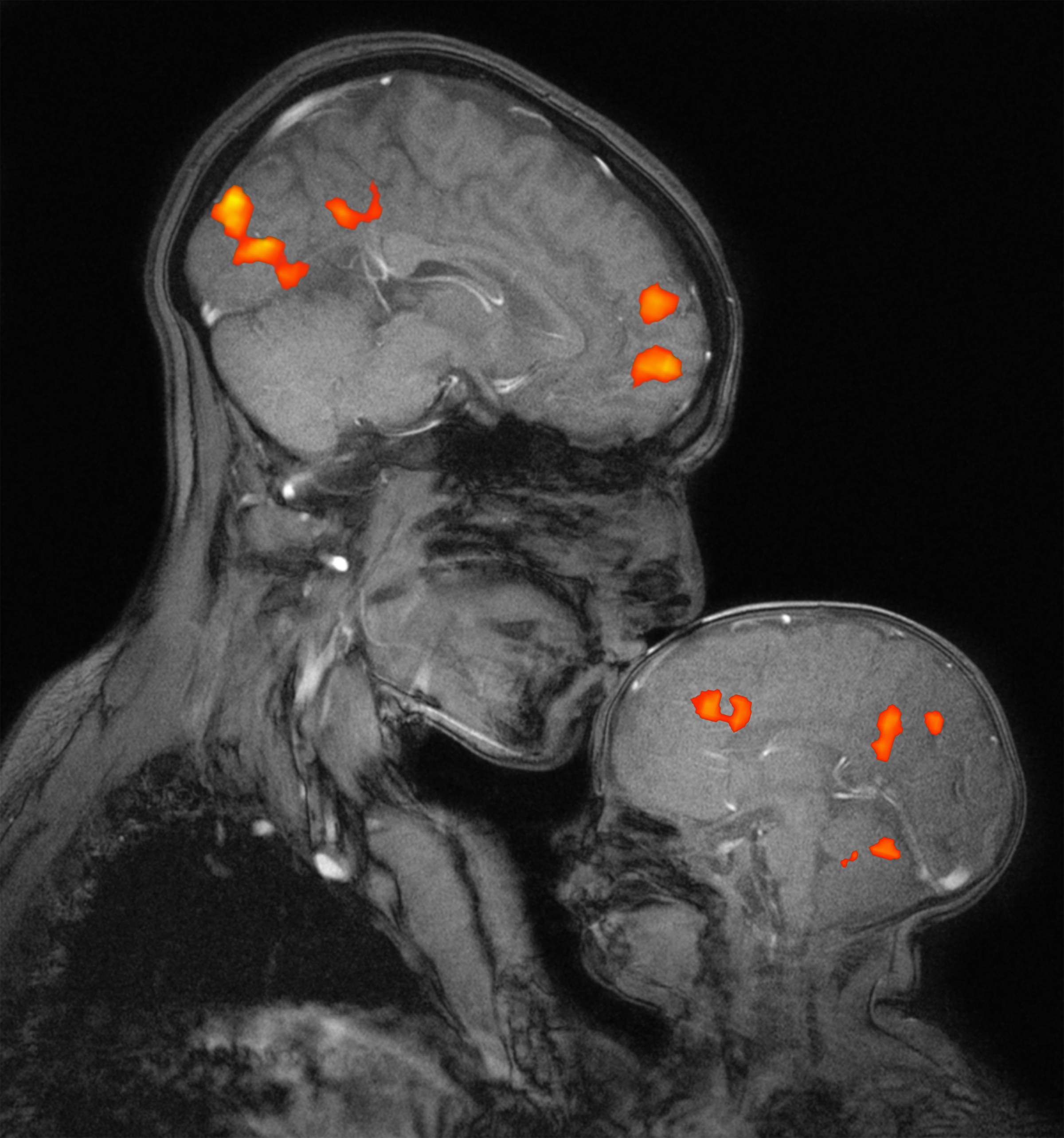
Peekaboo! Baby Brains Process Faces Just Like Adult Brains Do
By Christopher Wanjek published
The visual cortex's highly categorized structure for processing faces compared to other objects is in place at or near birth, a study of infants shows.

Nice Try: Top 5 Retracted Science Studies of 2016
By Christopher Wanjek published
Our annual countdown of significant or otherwise humorous scientific retractions.
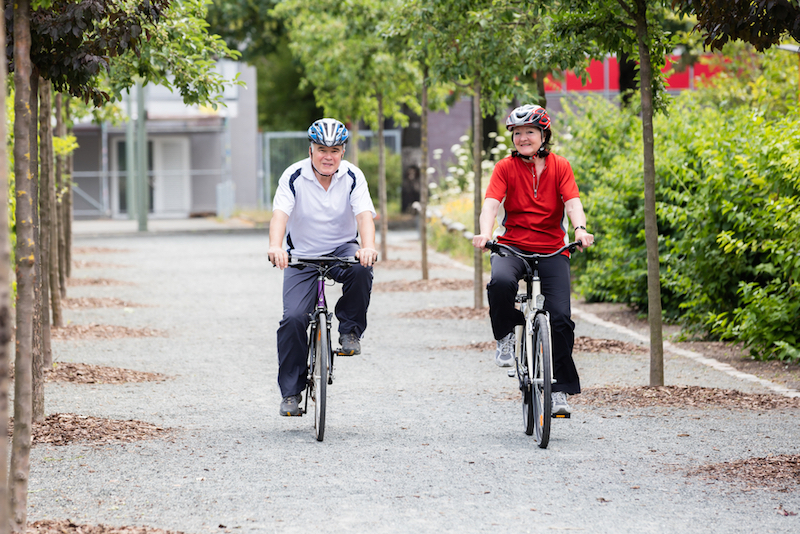
Older But Wiser: Why Risky Behavior Declines with Age
By Christopher Wanjek published
Researchers find that a decrease in gray matter in aging brains could explain why older people take fewer risks than younger people.
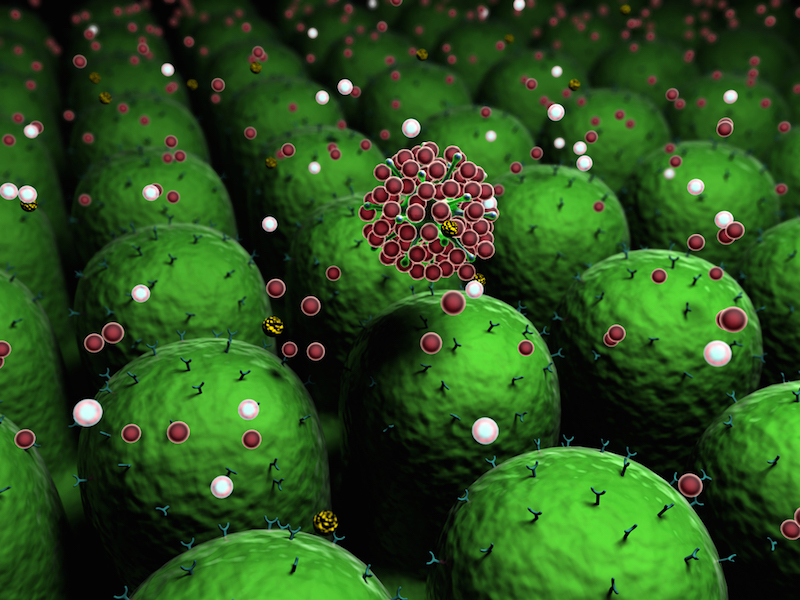
'Miniantibodies' Reduce Inflammation and Pain
By Christopher Wanjek published
Inflammation is an essential part of the immune system, but too much of it over time can lead to problems. Now, researchers have found a new way to fight it.
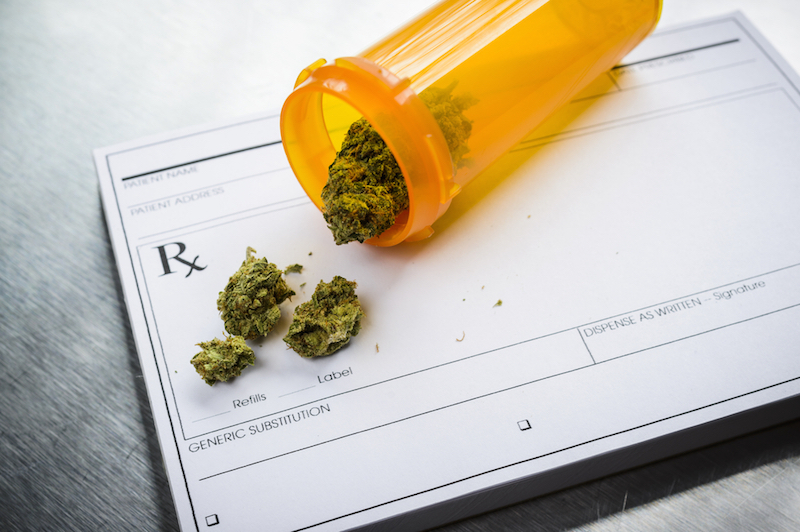
Marijuana-Like Drugs May Offer Addiction-Free Pain Relief
By Christopher Wanjek published
Scientists have turned to marijuana-like synthetic compounds to provide opioid-like pain relief without the risk of addiction or a high.

The Grime on Your Smartphone Can Reveal Your Secrets
By Christopher Wanjek published
The residue of chemicals and microbes on your cellphone can reveal a lot about your lifestyle.
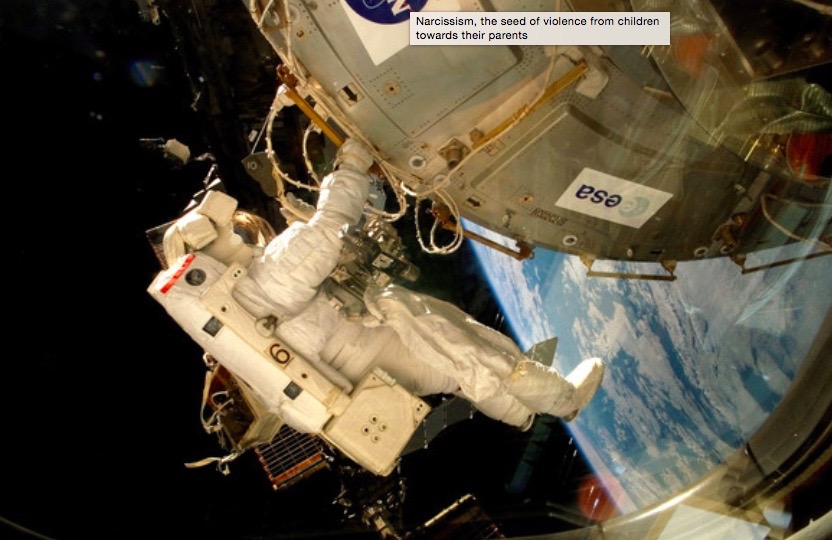
Astronauts' Back Pain Has Surprising Cause
By Christopher Wanjek published
Doctors to astronauts: We've got your back.

On a Long Trip to Mars, Cosmic Radiation May Damage Astronauts' Brains
By Christopher Wanjek published
President Obama today announced ambitions for the U.S. to send people to Mars by 2030. But a new study shows that the radiation of space could be damaging to the brain.

Deadly Mixture: Scientists Uncover Harmful Drug Interactions
By Christopher Wanjek published
Computers reveal what doctors can miss, potentially deadly prescription drug interactions.

Like Fatty Foods? There's a Gene for That.
By Christopher Wanjek published
Obese people with a certain gene mutation have a high preference for fatty foods yet a low preference for sugary foods, highlighting the genetic underpinnings of appetite control.

Primates, Including Humans, Are the Most Violent Animals
By Christopher Wanjek published
Why do humans kill each other? A new study looks at the question from an evolutionary perspective.
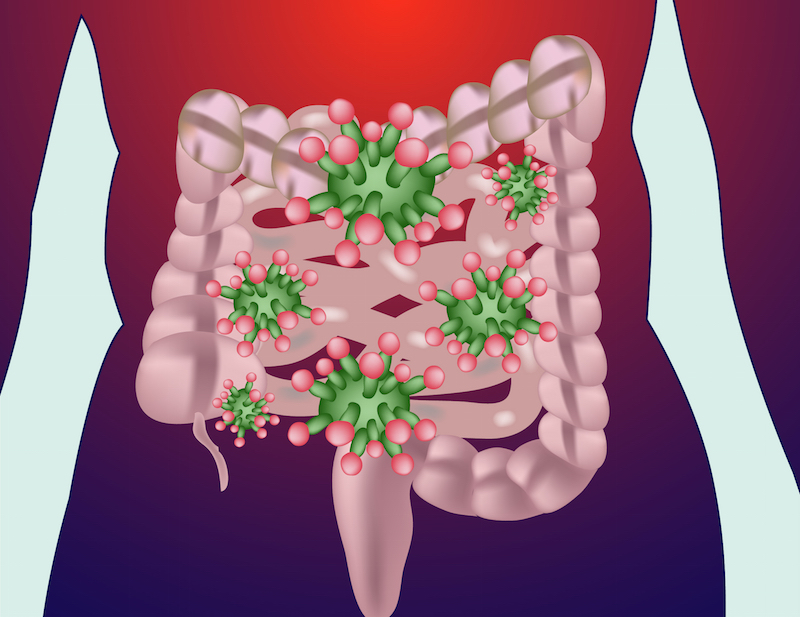
Fat Flora? Gut Bacteria Differ in Obese Kids
By Christopher Wanjek published
Obese kids have a different population of gut bacteria compared to lean kids, and this may cause them to accumulate fat.

Hospitals Jack Up Costs 'Strategically,' Study Finds
By Christopher Wanjek published
Hospitals inflate prices in very specific ways, a new study finds.

Scientists Deliver Opioid-Like Pain Relief Without Addiction Risk
By Christopher Wanjek published
Scientists have created a drug that, in monkeys, provided opioid-like pain relief without the addictive qualities.
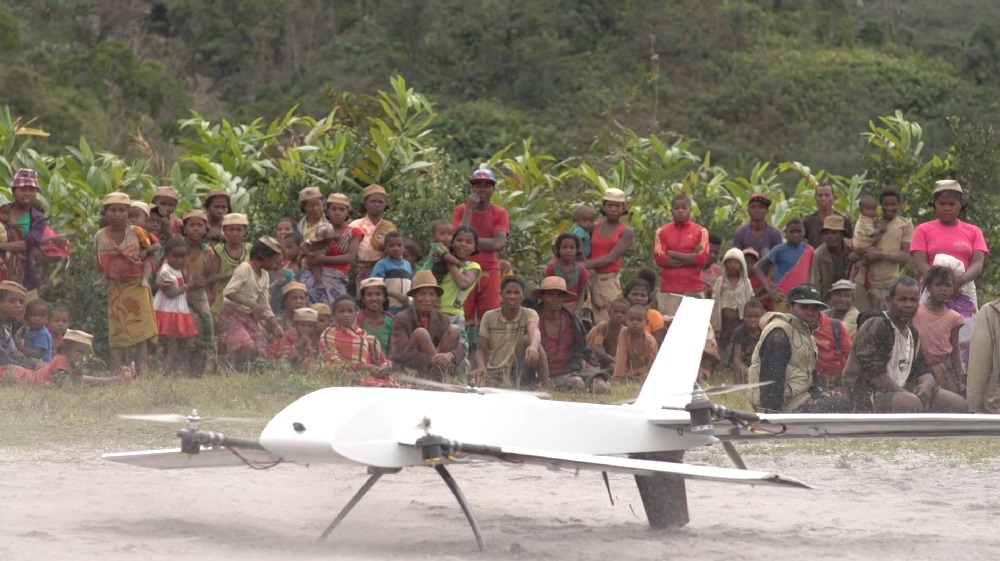
In a First, Drone Used to Collect Medical Samples from Rural Village
By Christopher Wanjek published
Drones can be used for the good of humankind, a new report shows.

Scientists Home in on the Human 'Sociability' Gene
By Christopher Wanjek published
Researchers have grown the neurons of people with Williams syndrome to help understand the genes involved with being sociable.
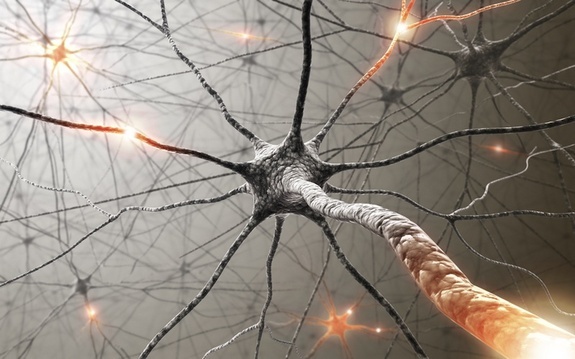
Brain Cells Call for Help: Discovery May Aid Stroke Treatment
By Christopher Wanjek published
After an organism has a stroke, damaged neurons appear to send out a distress signal to prompt nearby cells to donate their mitochondria to help the damaged cells rebuild.
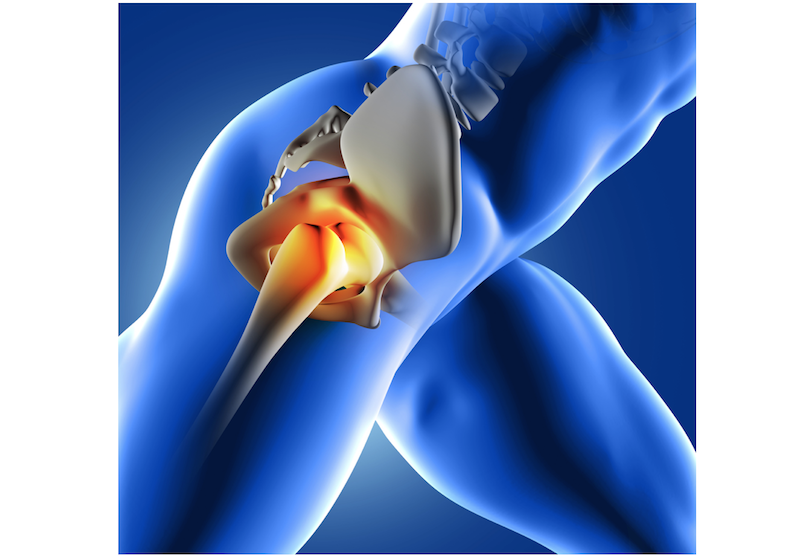
Stem Cells Could Replace Hip Replacements
By Christopher Wanjek published
Researchers have figured out how to get stem cells to grow on a scaffold shaped like the ball of a hip joint and regenerate a cushion of cartilage.

For Kids with Eczema, 'Soak and Smear'
By Christopher Wanjek published
Doctors recommend frequent bathing followed immediately by proper moisturizers to control eczema in children.

Omega-3 Fatty Acids Reduce Risk of Fatal Heart Attack
By Christopher Wanjek published
A thorough new study -- that looked at levels of omega-3 fatty acids in people's blood, rather than just asking what they ate -- finds that these acids do reduce people's risk of fatal heart attack.
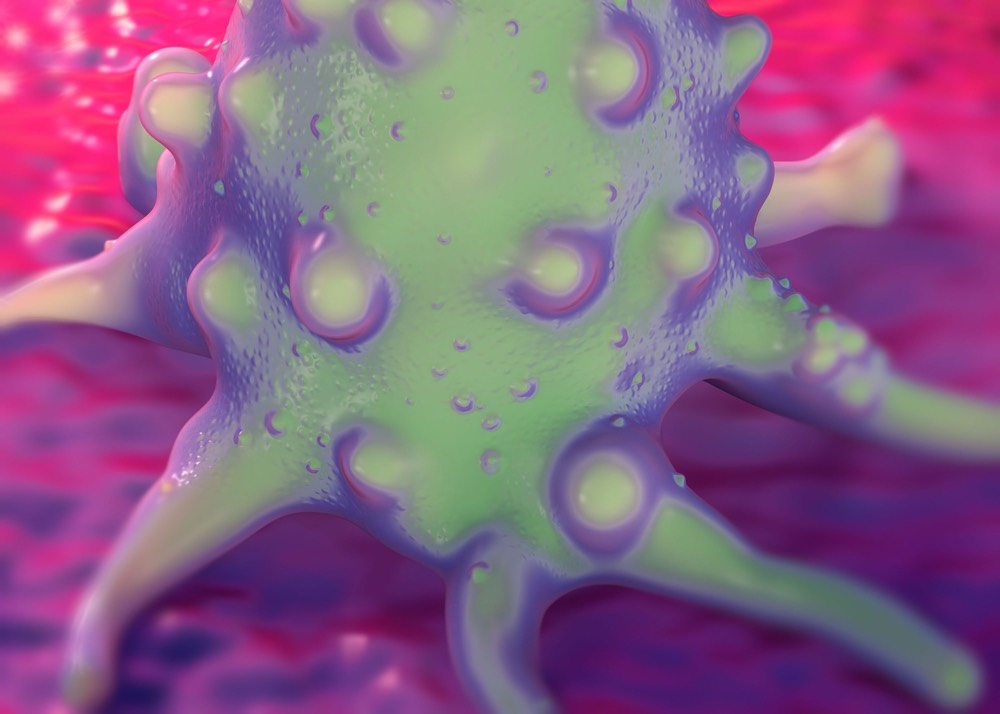
AI Boosts Cancer Screens to Nearly 100 Percent Accuracy
By Christopher Wanjek published
Artificial intelligence comes of age; pathologists can combine it with their own skills for nearly 100 percent accuracy in finding cancer cells in a biopsy.

Food Labels Have You Confused? Try the No-Label Diet
By Christopher Wanjek published
The FDA has finalized its new food labeling requirement, but I call for a "no-label" diet of whole foods that don't require labeling.
Sign up for the Live Science daily newsletter now
Get the world’s most fascinating discoveries delivered straight to your inbox.

